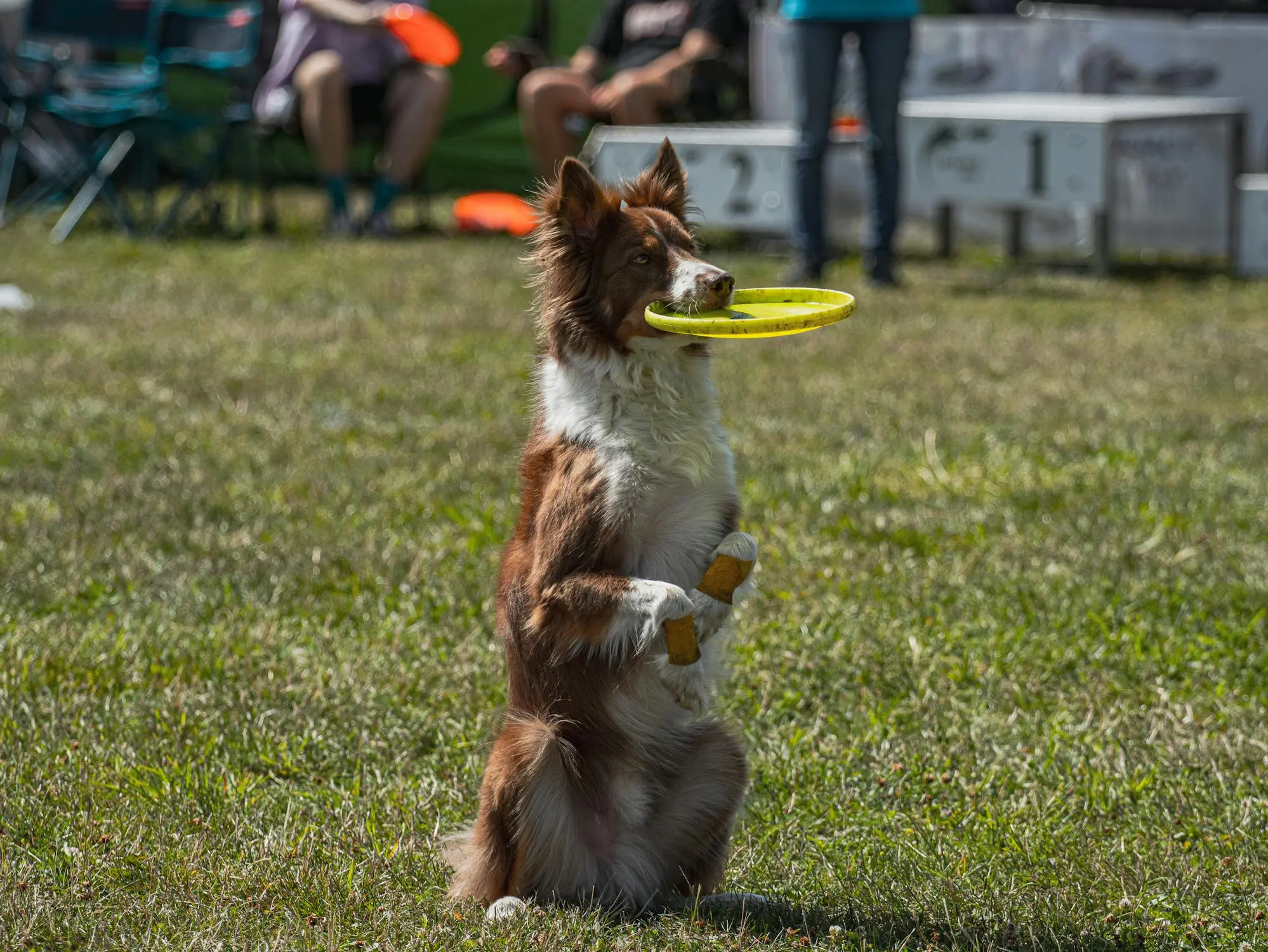Your cart is currently empty!
Articles
-
15 ways you can help your dog beat boredom (Part 3)
This is Part 3 of our Environmental Enrichment series where we give you 15 tips on how to mentally and sometimes physically stimulate your dog. Many of these suggestions involve food, since dogs would naturally spend a lot of time tracking down food in the wild. For example, African wild dogs spend an average of 3 and a…
-
Environmental Enrichment (Part 2) Implementation
This is part 2 of the environmental enrichment for dogs from our upcoming book on dog aggression. Part 1 talked about why environmental enrichment is important in trerating aggression in dogs. In part 2 we will talk about some of the ways you can implement this. To start, think about what dogs typically do.…
-
Environmental Enrichment (Part 1) Introduction
Environmental enrichment is discussed when it comes to dogs in shelters, but we don’t often see it in regards to treating aggression. Part 1 will be on why Environmental Enrichment is important. Part 2 and part 3 will be on ways you can increase environmental enrichment for your dog. What is environmental enrichment? Environmental is…
-
Dog Language: 3 Signs You Should Pay Attention To
Many people don’t know how to read the signs of stress in dogs. And often, there are too many signs happening so quickly to even catch them all. If you were to focus on only three signs, the following three might be the most easy to recognize. Licking lips It is amazing how often dog’s…
-
Do treats reward aggression?
This dog was about to be euthanized because he was aggressive to kids and dogs. See what happens when you blow in his face and watch what happens when he gets rewarded for this behavior in this video by the late Dr. Sophia Yin. This is a must see for anyone who is counter-conditioning. Training Aggression? Counter-conditioning…
-
What is Shaping Behavior?
Shaping dog behavior is a reward based technique based on teaching a target behavior is a series of gradual steps, each steps being a slight extension of that last. Shaping is an expression often used by people who are familiar with clicker training, as clicker training is an ideal method for shaping behavior relatively quickly…







